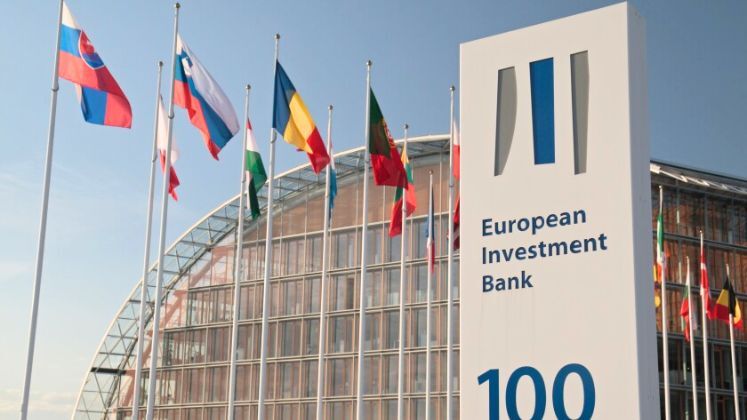
The European Investment Bank (EIB), in a major step to promote sustainable development in Bangladesh, has agreed to offer a US $ 396 million framework loan to advance renewable energy projects throughout the nation. Complementing this, the European Union will contribute an additional US $ 51 million in grant funding to strengthen these initiatives.
The funding package is designed to promote environmentally sustainable growth and assist Bangladesh in its efforts to combat climate change, aligning with the country’s Sustainable Development Goals (SDGs). The announcement was made during the 58th Annual Meeting of the Asian Development Bank (ADB), where Bangladesh’s Finance Adviser, Dr. Salehuddin Ahmed, held a bilateral discussion with EIB President Nadia Calvino.
During the talks, Dr. Ahmed highlighted the crucial role of increased investment in human resource development and infrastructure to help Bangladesh transition from a Least Developed Country (LDC) to a middle-income nation. He urged the EU and its financial institutions to consider offering low-interest loans or grants in strategic sectors vital for the country’s economic growth, including the ready-made garment (RMG) industry, a key driver of Bangladesh’s economy and employment.
The EIB, the European Union’s primary lending institution, has been collaborating with Bangladesh under a framework agreement since 2000. To date, the bank has invested around US $ 719 million in six ongoing projects spanning sectors such as health, water supply, transport, and communications.
This latest commitment underscores continued European support for Bangladesh’s development goals, particularly in expanding renewable energy capacity. The move is expected to bolster the country’s efforts to ensure a reliable, sustainable power supply, an essential factor for the competitiveness and growth of the RMG sector, which is vital to Bangladesh’s economy and employment landscape.
As Bangladesh strives to elevate its economic status, initiatives like this renewable energy project will help create a more resilient infrastructure, reduce reliance on fossil fuels, and support the sustainable growth of industries, including the garment sector by ensuring consistent electricity supply and reducing environmental impact.






